FSU Law Welcomes New Professors
The FSU College of Law is proud to welcome the following new professors, who joined our faculty at the beginning of the 2023-2024 academic year. They are already enriching the scholarly, collaborative atmosphere at FSU Law.
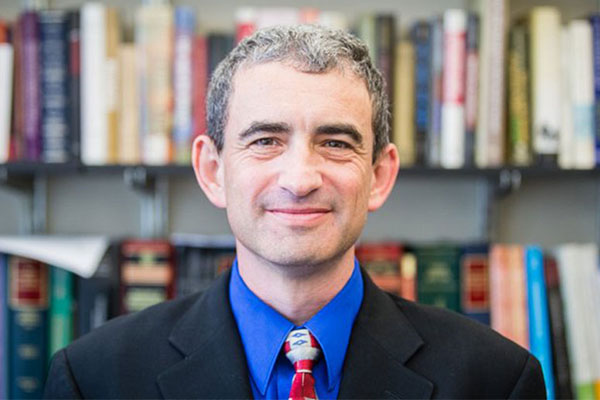
Alexander Tsesis, D’Alemberte Chair in Constitutional Law
Professor Alexander Tsesis’ scholarship and teaching focus on a breadth of subjects, including constitutional law, civil rights, constitutional reconstruction, interpretive methodology, free speech theory, and legal history. He also serves as general editor of the Cambridge Studies on Civil Rights and Civil Liberties and the Oxford Theoretical Foundations in Law. Tsesis’ most recent book is “Free Speech in the Balance” (Cambridge University Press 2020). His previous books include “Constitutional Ethos: Liberal Equality for the Common Good” (Oxford University Press 2017) and “For Liberty and Equality: The Life and Times of the Declaration of Independence” (Oxford University Press 2012). The subjects of his articles range from cyber speech and constitutional interpretation to civil rights law and human rights. They have appeared or will appear in law reviews across the country, including the Boston University Law Review, Columbia Law Review, Cornell Law Review, Minnesota Law Review, Northwestern University Law Review, Southern California Law Review, Stanford Law Review, and Vanderbilt Law Review. Tsesis has served as a legislative advisor to two U.S. senators serving on the Judiciary Committee and an expert witness on internet hate speech for the Department of Justice of Canada. He received his J.D. from Chicago-Kent College of Law.
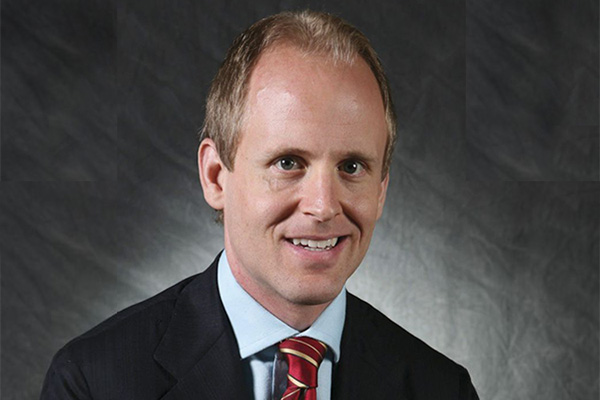
Brian G. Slocum, Stearns Weaver Miller Professor
Professor Brian Slocum’s research and teaching experience lie in legislation/statutory interpretation, language and law, administrative law, and contracts. Slocum is the author of “Ordinary Meaning: A Theory of the Most Fundamental Principle of Legal Interpretation” (University of Chicago Press 2015), the editor of “Inference, Intention and 'Ordinary Meaning': What jurists can learn about legal interpretation from linguistics and philosophy” (University of Chicago Press 2017), and a co-editor of “Justice Scalia: Rhetoric and the Rule of Law” (University of Chicago Press 2019). He also has published numerous articles in top law journals, including the Columbia Law Review, Georgetown Law Journal, University of Pennsylvania Law Review, Yale Journal of International Law, and New York University Law Review. Prior to entering academia, Slocum worked at the U.S. Department of Justice and clerked for the Honorable Frank Magill, of the U.S. Court of Appeals for the Eighth Circuit. Slocum received a Ph.D. in linguistics from the University of California, Davis and a J.D. from Harvard University.
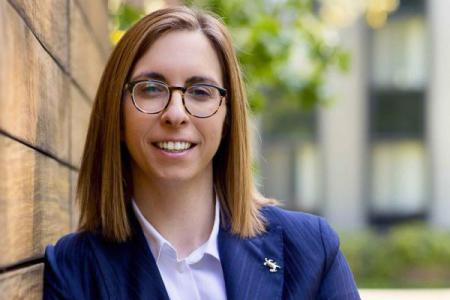
Nadia Banteka, Gary & Sallyn Pajcic Professor
Professor Nadia Banteka is a nationally recognized scholar on issues concerning criminal procedure, criminal law, law and technology, and international law. Professor Banteka’s recent research has focused on the intersection of criminal procedure and criminal law with an emphasis on policing and police accountability, as well as on emerging legal issues of artificial intelligence personhood within the criminal legal system and beyond. She has published articles in several flagship law reviews including the UCLA Law Review, Vanderbilt Law Review, Notre Dame Law Review, Wisconsin Law Review, Houston Law Review, and Seton Hall Law Review, as well as articles in top specialty law journals. She has served as an invited expert with the Perry World House of the University of Pennsylvania, Oxford University, and the International Criminal Court Office of the Prosecutor. Banteka received an S.J.D. and LL.M. from the University of Pennsylvania, an LL.M. from the University of Nottingham, and an LL.B. from Democritus University of Thrace.
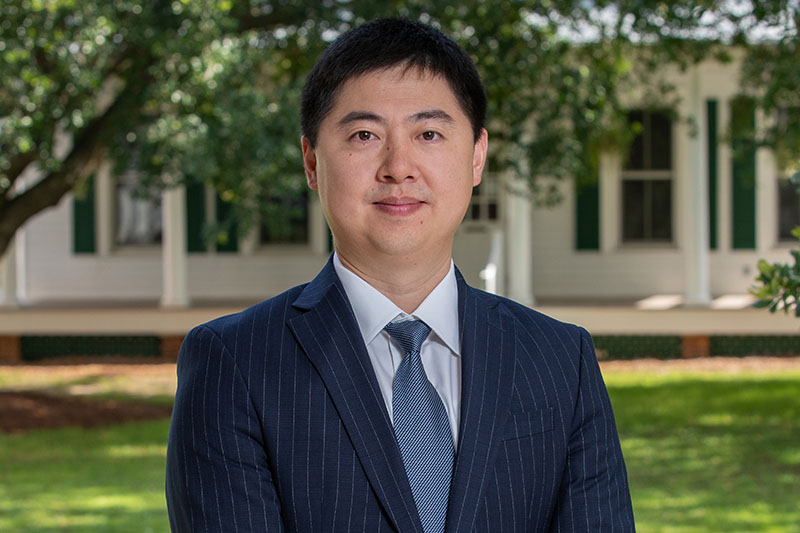
Henry Zhuhao Wang, Tallahassee Alumni Professor
Professor Henry Zhuhao Wang's research focuses on evidence and juridical proof, exploring evidence law outside the jury context, primarily in bench trials, arbitration, and administrative proceedings. Wang has co-authored a book, “Proof in Modern Litigation: Evidence Law & Forensic Science Perspectives” (Barr Smith Press 2017), and published numerous articles in U.S., Chinese, and international legal journals, including the Vanderbilt Law Review, UC Irvine Law Review, and International Journal of Evidence & Proof. Wang recently was selected as one of two inaugural New Voices in Dispute Resolution Scholars by the Association of American Law Schools Alternative Dispute Resolution Section. He previously worked as an international associate at Locke Lord LLP in Dallas, Texas, and a visiting researcher at the University of Adelaide Law School in Adelaide, Australia. He received an S.J.D. from Northwestern University, a J.D. from Indiana University, Bloomington, and an LL.M. from the University of Pennsylvania.
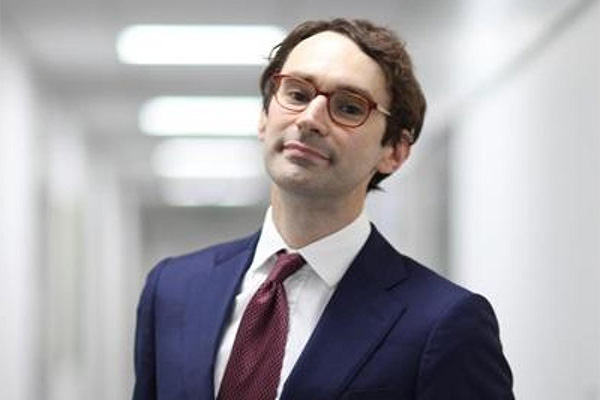
Jacob Eisler, James Edmund and Margaret Elizabeth Hennessey Corry Professor
Professor Jacob Eisler teaches and researches in the areas of constitutional and election law, with a focus on democratic process, theories of just representation, and anti-corruption. He is the author of “The Law of Freedom: The Supreme Court and Democracy” (Cambridge University Press 2023) and co-editor of “Data-Driven Personalisation in Markets, Politics and Law” (Cambridge University Press 2021). He has authored numerous scholarly articles, which have been published in journals including the University of Illinois Law Review, the Emory Law Journal, and the UC Davis Law Review. Eisler also has been actively engaged in the reform of democratic process. His evidentiary submissions to U.K. parliamentary committees have been noted in official reports, and his scholarly writing has been cited in briefs to the U.S. Supreme Court. Before entering academia, Eisler practiced law at Allen & Overy LLP and Herbert Smith LLP in London, and clerked for the Honorable Judge Gerard E. Lynch, of the United States Court of Appeals for the Second Circuit. He received a Ph.D. in political science and a J.D. from Harvard University.
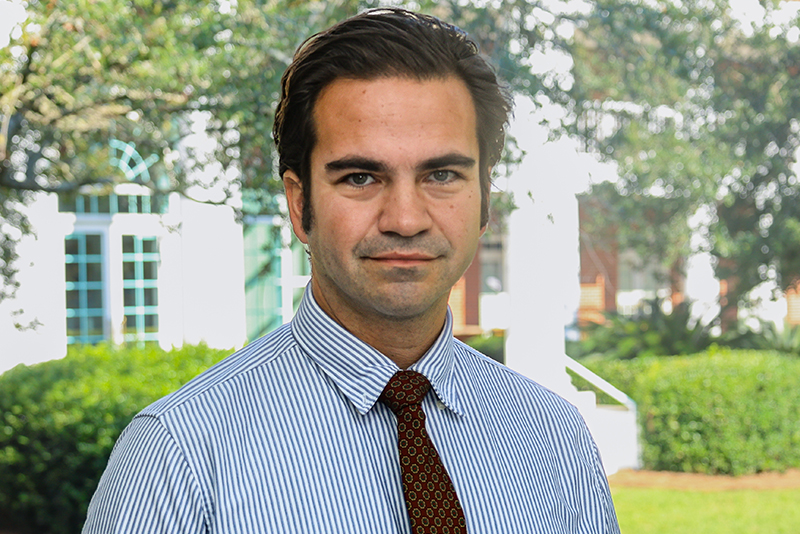
Aaron Voloj Dessauer, Executive Director, Institute of Law, Technology & Innovation
Professor Aaron Voloj Dessauer is the inaugural director of FSU Law's Institute of Law, Technology & Innovation. Previously, he worked as a lawyer at Sullivan & Cromwell and Freshfields Bruckhaus Deringer, and as in-house counsel at Constructor Group. Voloj Dessauer also served as a legal advisor to the Permanent Mission of Germany to the United Nations, as a lecturer at Yale Law School, and as an adjunct professor in law and philosophy at the University of Münster in Germany. The recipient of numerous academic awards and fellowships, Voloj Dessauer was a research fellow at the Max Planck Institute for Comparative and International Private Law, Harvard University, and the Yale Center for Law and Philosophy. He received a J.D. from Yale University and a Ph.D. in philosophy from the University of Münster.
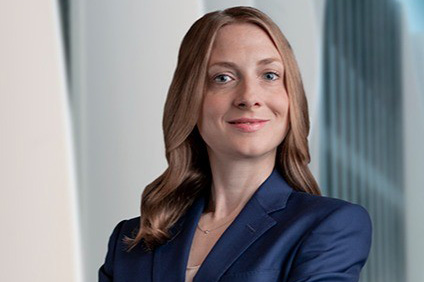
Erika Nyborg-Burch, Clinical Professor
As director of FSU Law’s Farmworker and Immigration Rights Clinic, Professor Erika Nyborg-Burch supervises students in the representation of immigrants seeking humanitarian relief and in community education and advocacy projects in support of farmworkers. Previously, Professor Nyborg-Burch was a senior litigation associate at Boies Schiller Flexner LLP and maintained an active pro bono practice representing victims of trafficking, students with disabilities, and reproductive health care providers. Professor Nyborg-Burch previously worked at the American Civil Liberties Union of Pennsylvania, where she represented non-citizens and individuals in the criminal legal system, and at The Bronx Defenders, where she represented clients in removal proceedings through the New York Immigrant Family Unity Project as an Immigrant Justice Corps fellow. She also clerked for the Honorable Thomas L. Ambro, of the U.S. Court of Appeals for the Third Circuit. Nyborg-Burch received a J.D. from Yale University.
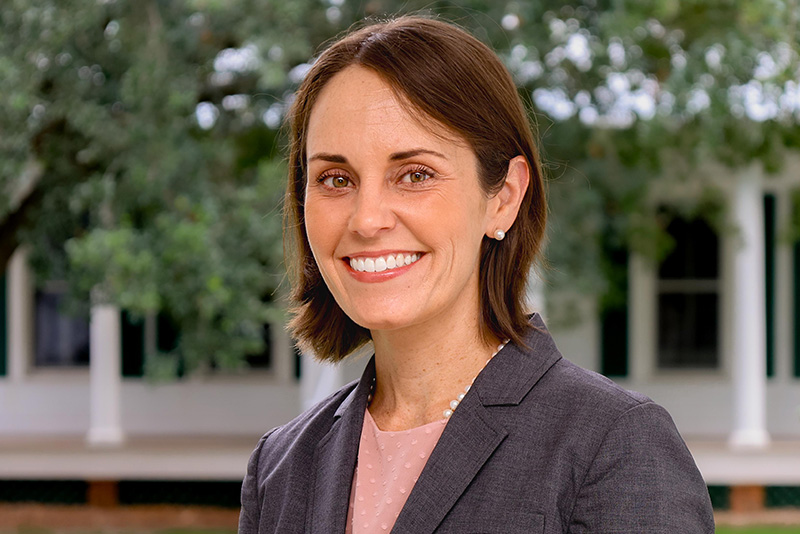
Courtney Brewer, Legal Writing Professor
Professor Courtney Brewer teaches Legal Writing and Research. Brewer was formerly a shareholder at Bishop & Mills, P.A. and The Mills Firm, P.A. She also was a deputy solicitor general with the Office of the Attorney General of Florida and a law clerk for Florida Supreme Court Justice Charles Wells. She previously served as an adjunct professor at the College of Law, teaching Appellate Advocacy. Brewer received a J.D. from Duke University.
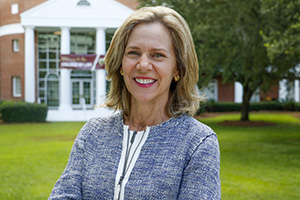
Cecelia Smith, Writing Specialist and Professor of Advanced Legal Writing
Professor Cecelia Smith teaches Advanced Legal Writing, presents writing workshops on various topics throughout the academic year, and meets with students individually to help them improve their legal writing. Smith was formerly an instructor at Tallahassee Community College, where she taught Foundations of the United States Constitution for 10 years. She also practiced law at Judkins, Simpson & High in the areas of family law, criminal law, and appellate law, and at Hopping Green & Sams in the areas of administrative and civil litigation, environmental and land use law, and appellate law. She received a J.D. from Duke University.
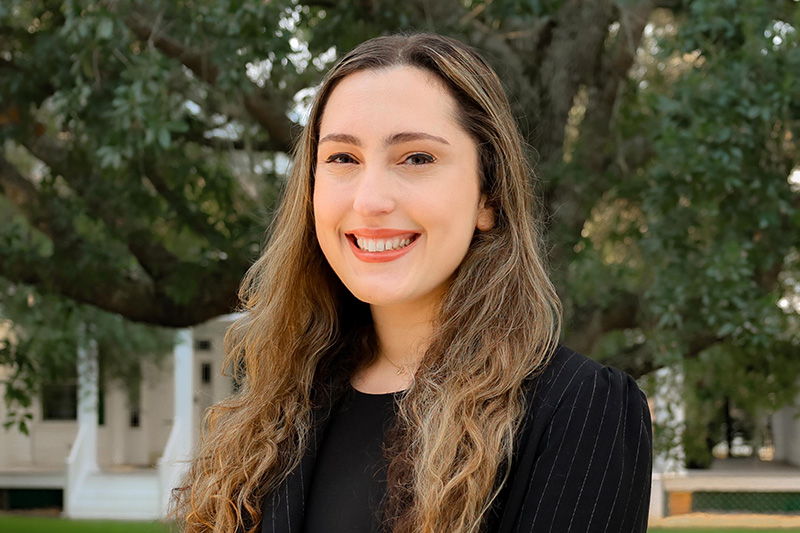
Emmalyn Dalton, Clinical Professor
Professor Emmalyn Dalton is a fellow with the Children’s Advocacy Clinic and director of the Racial Justice Fellowship Program. She mentors students in the Children’s Advocacy Clinic, advocates and supervises students at all clinic court hearings, and provides students with case guidance. As director of the Racial Justice Fellowship Program, she collaborates with other law schools in the Florida Law Schools' Consortium for Racial Justice and guides student fellows on local and statewide racial justice educational programs. Prior to joining FSU Law, Dalton was an assistant public defender with the Second Judicial Circuit of Florida. She received a J.D. from Florida State University.
